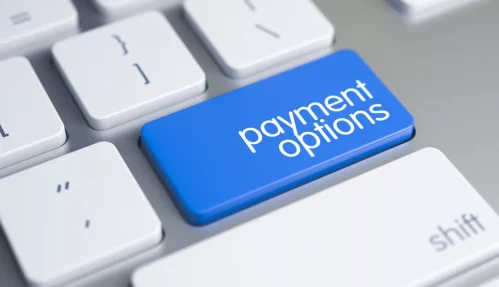Income Payment Agreement (IPA)

After you go Bankrupt you may still have to make payments towards your debts. This is called an Income Payment Agreement (IPA).
Jump to article content:
- What is a Income Payment Agreement?
- How much do you have to pay?
- How long will the payments last?
- The difference between an IPA and IPO
Rather speak to a person? Call us (0800 044 3194) or click here to complete the form below and we’ll call you back
What is a Income Payment Agreement (IPA)
Once you are Bankrupt the Official Receiver (OR) will review your income and living expenses budget. They may ask you to provide recent wages slips and bank statements to confirm the figures you provide.
If you have any disposable income they will require you to start paying it towards your debts each month. This is known as an Income Payment Agreement (IPA).
Where you do not have any disposable income you will not be asked to agree to an IPA. However if your income improves while you are bankrupt you may have to start one at that time.
You can only get an IPA during your bankruptcy. If it has not happened by the time you are discharged it can no longer be issued even if your income then increases.
How much will you have to pay into an IPA?
The amount you will have to pay into your IPA depends on your disposable income. You will be expected to pay 100% of your disposable income into the agreement. There is no sliding scale.
Disposable income is the amount left over after your total monthly living expenses have been deducted from your monthly income. For example if your income is £1500/mth and your expenses are £1400 your disposable income will be £100. This is what you will have to pay into your IPA.
If you are living with a partner or spouse you will also need to provide information about their income in your application. The OR will use this to calculate the household disposable income. However only your share of this will have to be paid into your IPA
If your income is made up solely of benefits you are unlikely to get an IPA. If you are receiving DLA or PIP this is not included as part of your disposable income calculation.
How long do IPA Payments last?
An Income Payment Agreement lasts for 3 years (36 months) from the date it is issued. As such it is normal for the payments to continue after you have been discharged.
If your income changes while the IPA is in place you have to inform the Official Receiver. They will then re-calculate your disposable income based on your new circumstances.
Where your disposable income has gone up your remaining payments will increase accordingly. If it has fallen the remaining payments will be reduced. If you no longer have any disposable income your payments will stop. However the IPA will remain in place until the end of the 36 month period.
If you get a bonus or earn overtime during an IPA you must report this to the Official Receiver. They are likely to ask you to pay this money to them in addition to your IPA payment.
The Difference between an IPA and an IPO
The Official Receiver will ask you to agree their assessment of your disposable income. If you do not accept the assessment you can ask them to reconsider.
It is possible the OR has not fully understood the sources of your income or special expenditure needs. If you are able to reach an amicable agreement you will then be issued with an IPA based on the revised figure.
If you cannot reach agreement the OR will ask the Court to intervene. A Judge will then decide the level of your disposable income at a Hearing. You will then be issued with an Income Payment Order (IPO) and legally bound to make payments as per this Order.
An IPO lasts for the same time as an IPA (36 months). However the Judge may decide that your disposable income is higher than that put forward by the Official Receiver